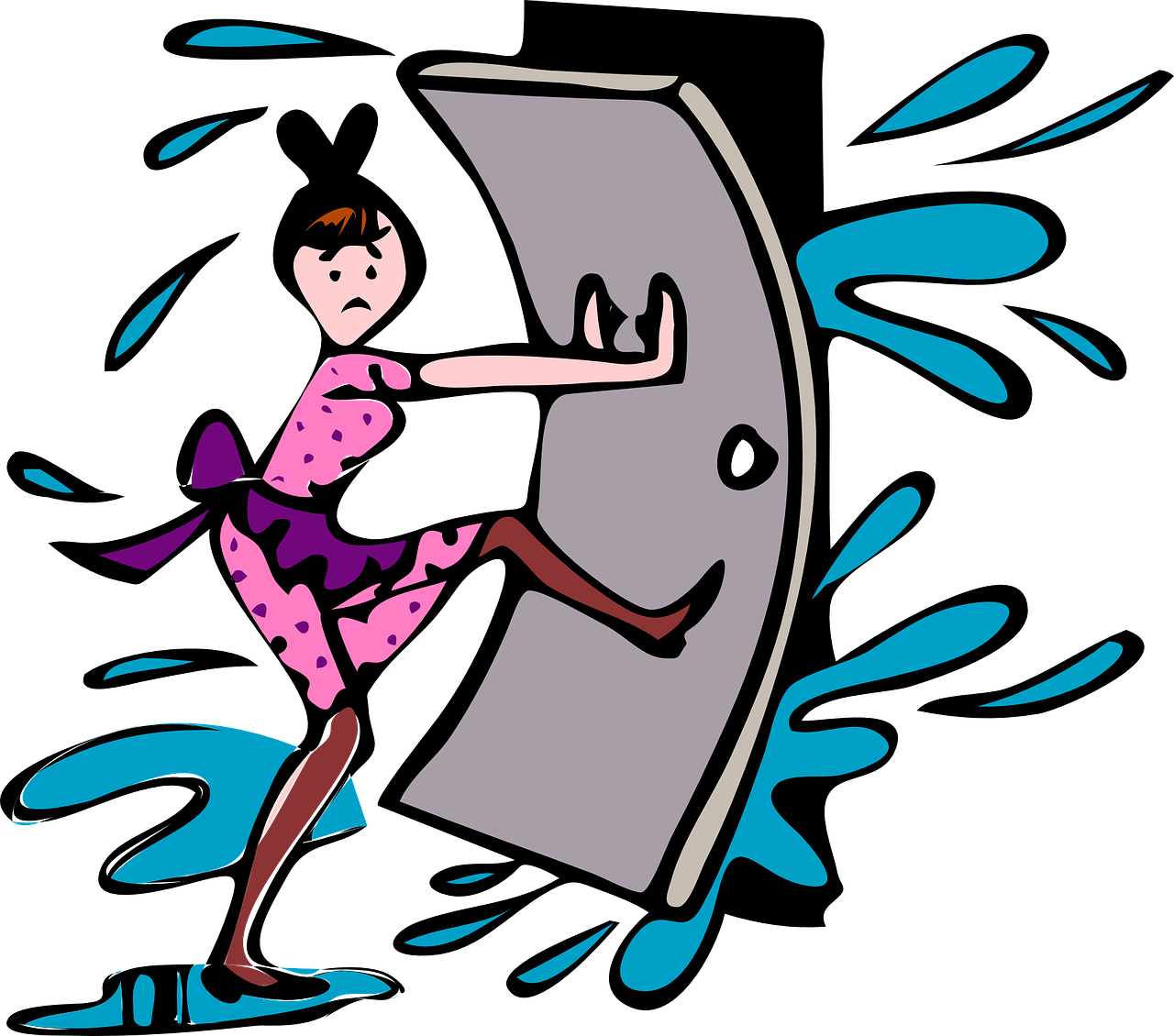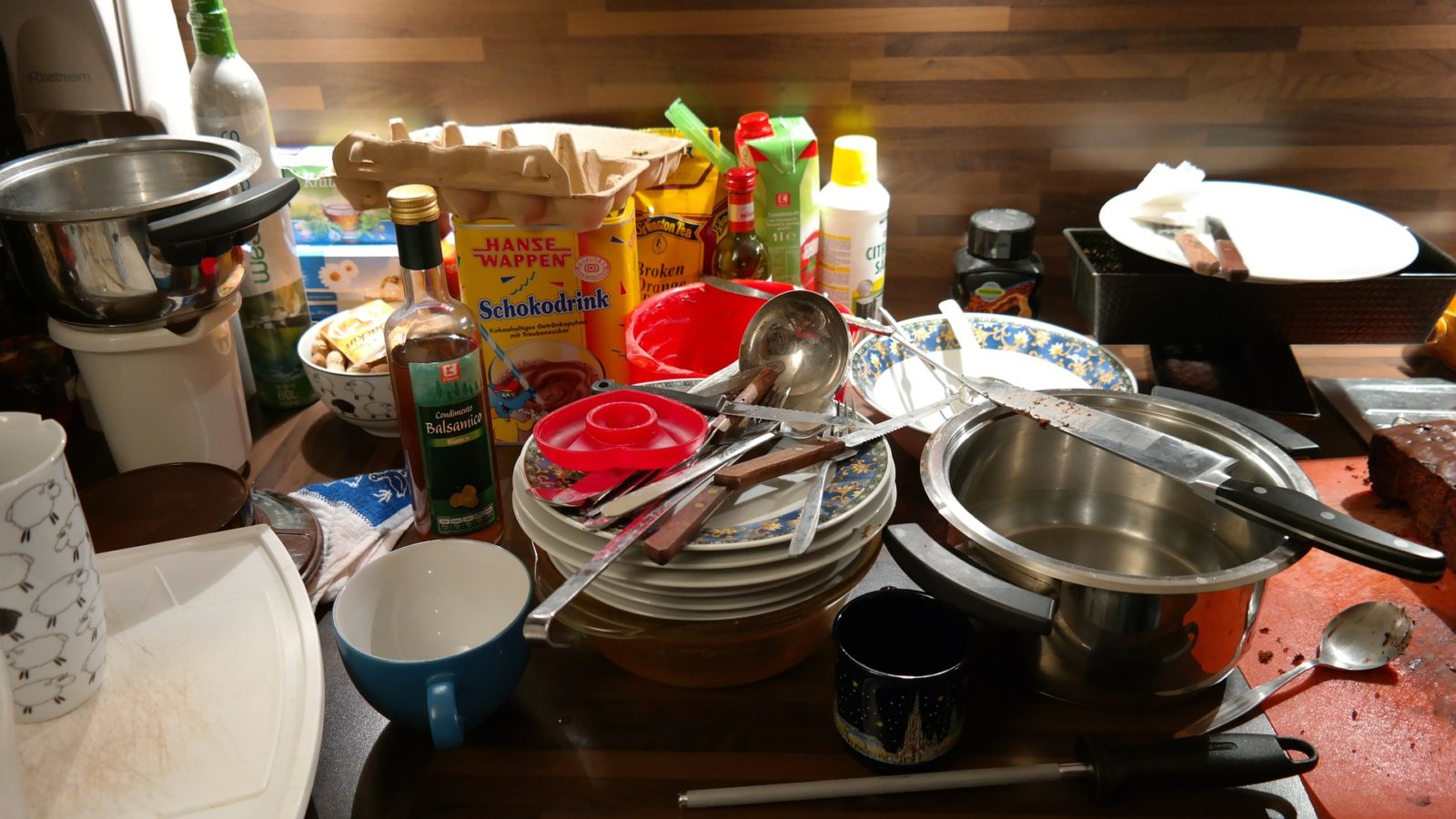Twelve women, dressed in floral sarees and salwaar kameez, have gathered in a nondescript room in a Mumbai suburb. It’s a monthly meeting planned by a PhD student with the ambition to study their everyday lives. The session begins with a round of introductions even though all the women know each other.
They hurriedly sound their names before stepping into a more comfortable territory of talking about their children and husbands. Well-strung lines emerge. “My name is Asha Anil Kamble,” one says, “my children are in class 5 and 7. My husband is a shopkeeper…”
“That’s not what personal introductions mean,” the PhD student protests and the women try again, and again, till the following chorus fills the room: Kya bolein? Apna kuch nahi hai bolne ko. (What should we say? We have nothing to speak about ourselves.)
The experience of Rajshree Faria, therapist at Adveka, is similar. “When I work with homemakers and ask them to tell me a couple of good things about themselves, they’re clueless. They’ve never given themselves a thought. Sometimes, they take up almost an hour to come up with something, anything; but they can ramble about their children and husband for hours.”
Asha and the other women call themselves housewives, the woke call them homemakers, and some literary superstars use glorious terms like domestic goddesses. For everyone else, the label doesn’t matter because most women in India—regardless of whether they are gainfully employed—are homemakers, performing housework as a compulsion. It’s not something they can opt out of.
“Regardless of whether she works in a corporate job or runs a business, she is, inevitably, a homemaker—someone who manages household affairs and takes charge of the needs of the home and the family,” Faria says.
One might instinctively know that not a lot of women are gainfully employed in India but the figures can still come as a shock. India’s female employment rate, counting both the formal and informal economy, has tumbled from an already-low 35 per cent in 2005 to just 26 per cent in 2018.

That number is startlingly low and proof that women are confined to their homes to perform unrecognised, unpaid labour as daughters, wives, daughters-in-law and mothers. Ninety per cent of them do all the housework, data says, men spending zero to two hours a week helping out in perhaps this or that jobs. In short, the women who make everything else possible in the economy are themselves invisible, their stories unheard, and their experiences with stress, burnout, and depression unrecognised.
Ask psychologists and counsellors if they’re stressed and the answer is a resounding yes. “There is a high amount of stress in the life of a homemaker but it’s the stress they themselves don’t acknowledge,” says Payal Maheshwari, assistant professor of Human Development in a college in Mumbai.
They brush it off as worry for their children or their family. “Most homemakers tell me, “Chinta nahi hogi kya? (Won’t I be worried?),” Faria explains “but in the name of worry, the long-term consequences of stress from episodes of anxiety, mood disorders, to non-communicable, lifestyle diseases go unrecognised. If there is panic about their child’s future, they normalise it.”
To say that the problem is rooted in the patriarchal nature of society and lack of support systems is to state the obvious. “No one disagrees that it’s the intergenerational conditioning where mothers ‘groom’ their daughters to cook, clean and manage the house that sets the stage for future problems,” Maheshwari says, before explaining that there is a need to dig deeper.
“It begins with a lack of identity,” she says. Identity is a concept you develop about yourself such as your choices in life, how you spend your time and what you believe in. Formation of this identity is stifled by a home environment that is discriminatory and restrictive.
“When as a young girl your whole life is scripted in front of you, you will enter your marriage with the same ‘mindset’, with little or no understanding of who or what you are and what you are okay with,” says Maheshwari. “It’s the perfect vessel for further conditioning.”
“I am working with a homemaker,” a psychologist shares (on the condition of anonymity), “she has a nine-year-old son with autism and a four-year-old. She has no faith in her husband’s ability to look after her sons and she is already anxious about what will happen to the nine-year-old once she is no more. The woman’s efforts aren’t acknowledged, there is a lack of support systems, and a general sense of hopelessness in her. She is stressed, has self-doubt and episodes of depression.” The psychologist is trying to build an identity for her. To tell her that she is more than a wife or a mother and slowly allow her to claw her way out of her difficulties.
What the lack of identity also brings is a lack of assertiveness, which Faria says, “compounds the stress”. Homemakers rarely ask for any help from their husbands. Everything is their responsibility. If something goes wrong, it’s their fault, but the reverse isn’t true. There is rarely a pat on the back for a job well done.
Increasingly, feminists are also identifying mental overload in women who are home managers. Even as some men have begun to help at home, most wait for orders from their wives. If a woman who manages the house has to finish a small task of, say, placing something in the refrigerator. On her way to the kitchen, she will glance at the other pending jobs calling out to her: the table has to be cleared, clothes have to be washed, is it already time for dinner?
But if the husband is asked to deposit something in the fridge, he will do just that. This brilliant comic explains wars over household chores at home very well. The comic artist points out that planning and organising is a full-time job that doesn’t just cause stress but can be identified as “mental load” which is permanent and exhaustive work in itself.
It’s typically believed that if a woman is at home, she has plenty of time to unwind, relax and look after herself. Experts vehemently disagree “Homemakers don’t have a self-care regime,” Maheshwari says. Think about your own mothers or grandmothers, how often did they think about themselves as opposed to their families and their homes. “Self-care is typically thought of as selfish,” Faria adds. The thought is as follows: If I am taking 15 minutes in my day to do something I like, I am being selfish. Everyone else comes first, I don’t.
Sometimes they have supportive husbands, in-laws, or friends who live around. Their outlet for relieving stress is talking to people they know, going for walks, calling up their own mothers or other women in the family (who might enforce the gender norms leaving the problem largely unmitigated). And when the children grow up and move away, Faria says, “the emptiness engulfs them, which is more prevalent in mothers than in fathers.”
A small fraction of these women also work, managing both the stress of work and home, in both urban and rural areas. But salaried employment is often extra, an add-on, the first responsibility being home, in-laws, husband and children. And if someone has to quit their job to look after the children at home, it’s always the woman.
Here’s where, Faria believes, educated women despite having the exposure don’t fare any better. “I had assumed that educated women are better able to stand up for themselves but even educated women have difficulty being assertive and asking for their rights.”
An example is a woman she works with who quit her job after marriage both to look after the home, and her child with a developmental disability. “The woman told me,” Faria says, “that, ‘at first, I would be able to ask my husband to help me at home. Now I can’t, it is my responsibility as I am not earning’.” And even if the family can earn enough to hire help, it’s usually poor, immigrant women, throwing the cycle in perpetual motion.
There are no standard solutions to relieve homemakers of their stress but merely 15 minutes of me-time, an undisturbed chai break, according to psychologists, can help.
It’s equally distressing that even as women leave their home for work, the sole responsibility of home management doesn’t leave them. The only way out is a redistribution: women letting go and spending some time in self-care, and men learning to take control of the home.
Want to share your story of how you thrive or #ShareTheLoad? Write to us at [email protected]


